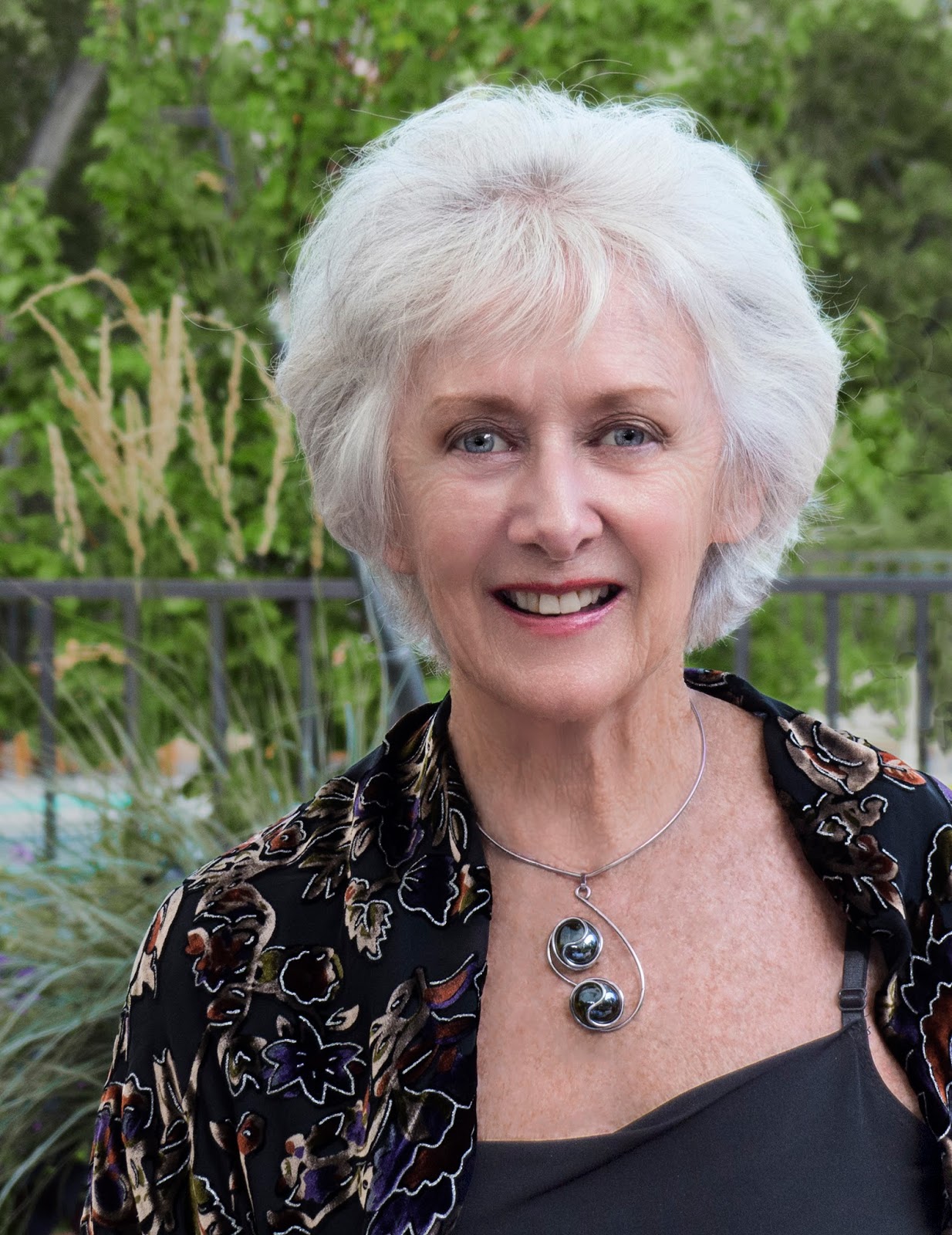According to renowned baritone Stephen Powell, “to perform the work of living composers with the composers themselves playing their compositions” is “a singer’s dream.” That dream has come to fruition in Powell’s new CD, “American Composers at Play.”
Powell has called the venture a “modest effort to produce definitive interpretations.” The project is hardly modest; releasing a CD of vocal works entirely made up of 20th and 21st century composers is a brave and bold effort on his part.
Thoughtfully programmed and splendidly executed, the recording is worthy of the highest praise, starting with unconditional admiration for Powell’s baritone voice, which sounds as glorious as ever. He has proved himself superbly capable of singing the classics; now he demonstrates his versatility in an ambitious gathering of songs by four living American composers, three of whom were born after 1950.
The program opens beautifully with Lori Laitman’s “The Wind Sighs,” Poet’s aria from Act 1 of Ludlow (2012). This lush, passionate composition reflects a poet’s musings about the arroyos of Colorado, which he remembers from his childhood, and expresses regrets about the loss of his youth and its familiar places. “The blue was cold…the red was blood…of the immigrants.” The vocal range drifts into baritenore territory; Powell negotiated the very high tessitura with ease and great beauty.
The poems of Edna St. Vincent Millay were an important part of Ricky Ian Gordon’s childhood, and “Souvenir” (2003) also speaks of remembrance. “Just a rainy day or two…And a bitter word…was all I had of you…” the poet sighs. The folksy, sentimental song, accompanied by a cello obbligato, is a world premiere recording. Powell expresses his yearning with achingly beautiful tones and touching sensitivity.
In “Enough Rope,” based on texts by the ever-tongue-in-cheek Dorothy Parker, John Musto offers lively agitation (“Social Note”) coupled with social commentary reminiscent of Gershwin (“Résumé) and Britten-like evocative description in “The Sea.” The contrast between these three commentaries is deftly defined by Powell’s versatility and impeccable diction.
William Bolcom’s “Waitin” evokes a gospel song atmosphere. The range and legato phrasing are reminiscent of the traditional “Ol’ Man River.” Written in the middle of the most sumptuous range of Powell’s instrument, the brief but touching song shows off the most resplendent tones of Powell’s voice.
 |
| Ken Yanagisawa |
Each of the other songs of these exemplary American composers offers an aspect that is unique and intriguing. The clever lyrics in Laitman’s “Men with Small Heads” poke fun at human nature and add comic interest with the singer’s falsetto. Bolcom’s “Can’t Sleep” evokes a Lullaby atmosphere, with a hint of Gershwin channeling—and a bit of Kurt Weill-like sprechstimme—in his “Black Max.” (One would love to hear Powell sing some Gershwin.)
A large chunk of the repertoire portrays certain truths about American life, death and money. Laitman’s “Money” is the most operatic of the works, and Powell spins every note and word as if born to them; perhaps he was. Musto’s “The Brief Light” adds variety, with its Spanish rhythm and guitar accompaniment. Bolcom’s “Lady Death” is positively macabre.
“At every age, we should remain stubbornly dissatisfied, always pushing the frontiers of what we—and the music itself—can contribute to the world,” Powell asserts. “In sharing this lesson with me, these four giants have liberated my American voice.”
“American Composers at Play” occupies an important place among CDs that have appeared in the midst of these troubled times. We look forward to hearing more of Powell’s now-liberated voice as it continues to grow, mature, and give pleasure to discriminating listeners of all ages and nationalities.
 |
| Sue Reno |
---ooo---
Photo credits: Photo credits: Sue Reno; Ken Yanagisawa
Erica can be reached at: [email protected]













